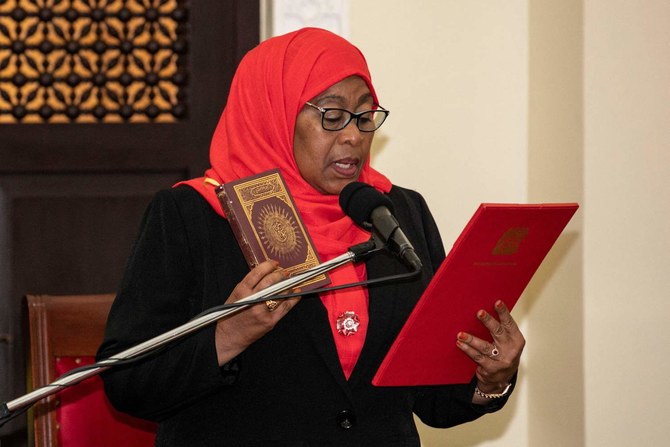Tanzania’s President Samia Suluhu Hassan has condemned the brutal killing of a senior Chadema party member, Mohamed Ali Kibao, who was kidnapped, beaten, and doused with acid.
On Friday, the 69-year-old Kibao was forcibly removed from a bus by suspected security agents while traveling from Dar es Salaam to his hometown of Tanga. His body was later discovered in Ununio, a district in Dar es Salaam. According to party chairman Freeman Mbowe, the post-mortem revealed that Kibao had been “severely beaten and had acid poured on his face.”
President Samia has called for a thorough investigation into the murder, stating, “I have ordered investigation agencies to provide detailed information about this horrific incident and others like it as soon as possible.” She emphasized, “Our country is a democracy, and every citizen has the right to live.”
- No plan to establish military base in Nigeria, says U.S
- Appeal Court sacks Fubara’s ally, restores pro-Wike lawmakers
The United States Embassy in Tanzania has also called for an “independent, transparent, and prompt investigation” into Kibao’s killing.
The murder has raised concerns among opposition and human rights groups about a possible crackdown on political activity. “We cannot allow our people to continue disappearing or being killed like this. The lives of Chadema leaders are currently at risk,” Mbowe told AFP.
Kibao, a retired military intelligence officer, joined Chadema in 2008. He will be buried on Monday in the Darigube district of Tanga.
The killing has sparked widespread condemnation and calls for action over other reported abductions and killings. The US Embassy stated: “Murder and disappearances, along with recent detentions, beatings, and efforts to disenfranchise citizens ahead of elections, should have no place in a democracy.”
Recent incidents include the arrest of senior Chadema leaders Mbowe and Tundu Lissu for attempting to hold a banned youth rally, and a two-year prison sentence for an artist accused of burning an image of President Samia.
There are growing fears that Tanzania might be returning to the repressive environment of late President John Magufuli’s era, despite President Samia lifting the ban on opposition gatherings and promising to restore competitive politics. In August, Human Rights Watch highlighted the increase in arrests of opposition activists as a troubling sign with the 2025 presidential elections approaching.





